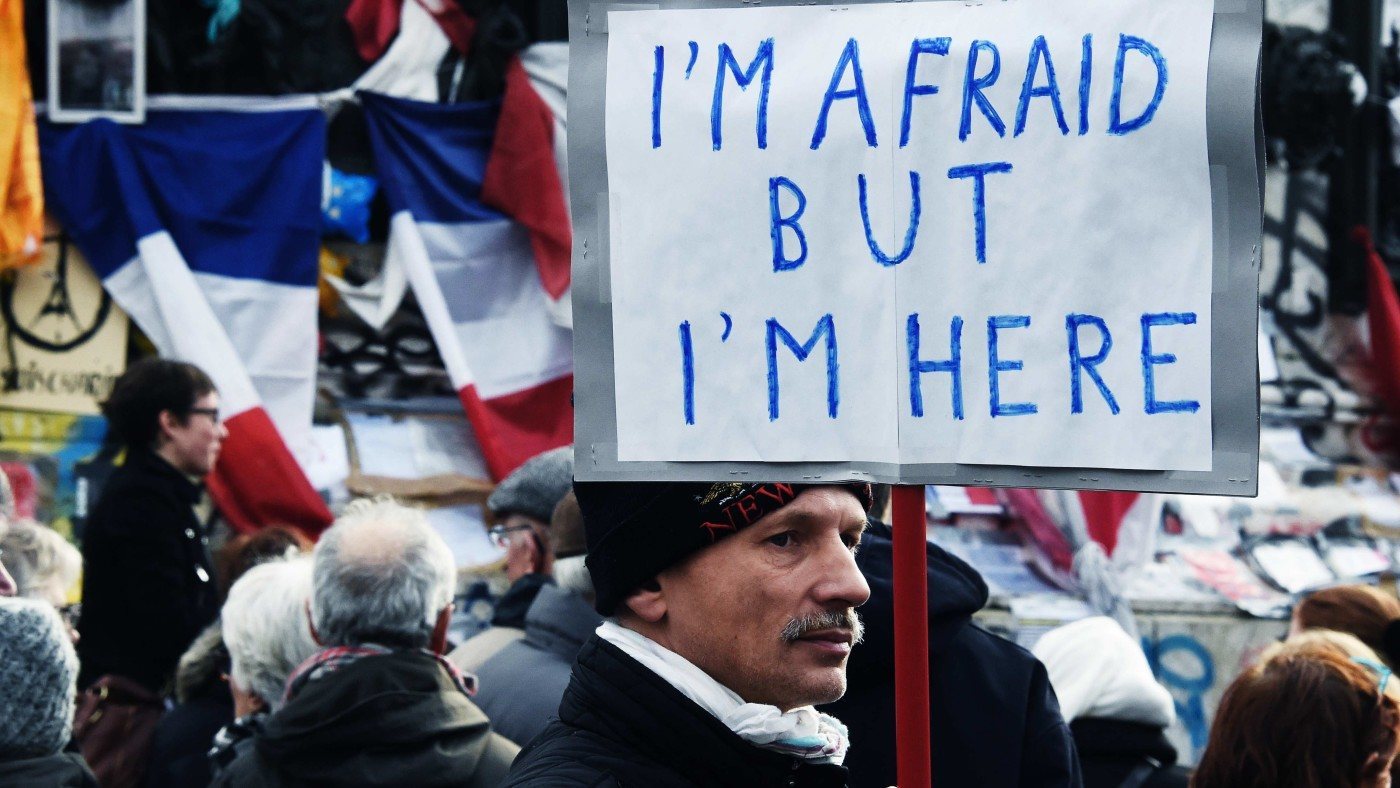Nearly 40 years ago political scientist Jeanne Kirkpatrick wrote an analysis of US foreign policy for Commentary Magazine entitled, Dictatorships & Double Standards, which served to define President Ronald Reagan’s successful foreign policy. Pulitzer Prize winning Wall Street Journal columnist Bret Stephens discusses the Kirkpatrick doctrine’s relevance four decades later with CapX US Editor Abby W. Schachter.
1. Is the basic outline of the Kirkpatrick doctrine applicable today?
Kirkpatrick understood that the US had to be true to its values without being indifferent to its interests. And on occasion those interests required maintaining alliances with unsavory regimes [Nicaragua, Chile, Philippines] that were nonetheless reasonably friendly to the United States. The distinction was between authoritarian and totalitarian regimes; those that were inherently hostile to the US and dictatorial [USSR and its satellites] and regimes and that were conceivably friendly to US and themselves authoritarian.
There is a fundamental difference between Saudi Arabia that has been an ally of US since 1945 and an Iran whose regime required anti-Americanism to give it ideological coherence.
Today, America cannot afford to forget Machiavelli’s dictum that nations need to know the difference between their friends and enemies, treat each accordingly and avoid turning foreign policy into a moral vanity in which the job of our diplomats is to say who is naughty and who is nice.
2. Is Russia today like the reformable authoritarians of Kirkpatrick’s age?
No. The Russian regime’s mindset is Soviet. It views relations with the US as a zero sum game, with its leader steeped in the mentality and methods of the KGB. And Russia will continue to behave that way so long as Putin and his circle of ex KGBniks control the Kremlin.
3. Eli Lake and Max Boot have both taken note of Ted Cruz’s pledge of fidelity to Kirkpatrick’s vision. He claims to be her inheritor among the Republican candidates for president. But you view Cruz differently. Where is Cruz going wrong?
As reputedly brilliant as Cruz is, he doesn’t get what she was talking about. He sees no difference between Egypt’s Hosni Mubarak who was pro-American and an Assad regime in Syria that supports Iran and supports Hezbollah and behaves in a totalitarian way. If he really understood Kirkpatrick’s analysis, he would have taken a different view of Syria. She would have understood Syria as an enemy of the United States.
4. Where is Hillary Clinton’s foreign policy going wrong?
Look at the record of her time in office as senator from New York and then as secretary of state and now as candidate for president. She was for the Iraq war and then against it. She was against the surge and then privately (as reported by former Defense Secretary Robert Gates, in his book) she said that her opposition was only political. She was an advocate of the Trans-Pacific Partnership trade agreement as secretary of state, and as a presidential candidate is against it. Clinton’s only conviction and principle is political self-advancement.
5. Americans tell pollsters that terrorism is a big worry and yet the Obama administration and the Democratic candidates for president don’t seem to have any urgency on the matter. Why the disconnect?
The basic liberal belief in terms of foreign policy is that the only sin is American overreaction. And if you listen to the Obama administration, the consistent message has been that terrorism is a nuisance threat. We should deal with it, we should try to stop it but the worst thing that could happen is to treat it as an existential threat that would lead to invading other countries and curtailing civil liberties.
President Obama made a speech in 2013 at the National Defense University in which he said the war on terror was over, al Qaeda was defeated, and that we were closing the chapter on a decade of war. Nearly identical to President Carter’s speech at Notre Dame in 1977 when he said we had to get over our “inordinate fear of communism”.
After Obama’s speech, the “JV team” of terror became the most serious danger to stability in the Middle East. It metastasized to Libya, the Sinai Peninsula, murdered people in Paris, Nigeria, Indonesia, San Bernardino.
The lesson of 9/11 is to take these things seriously because when you act as if the 1993 World Trade Center attack was not a big deal, you are going to end up with a big deal. Democrats are determined to ignore this.


